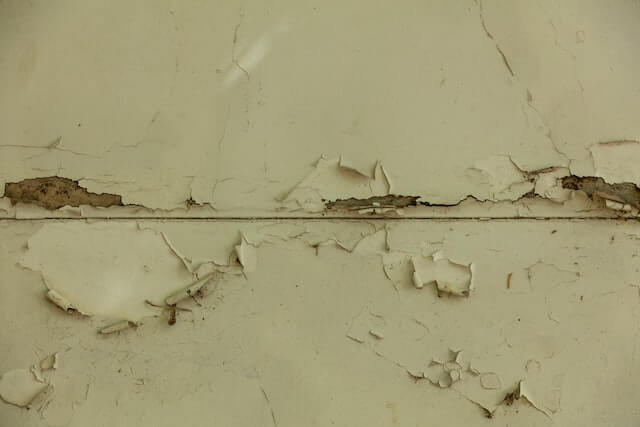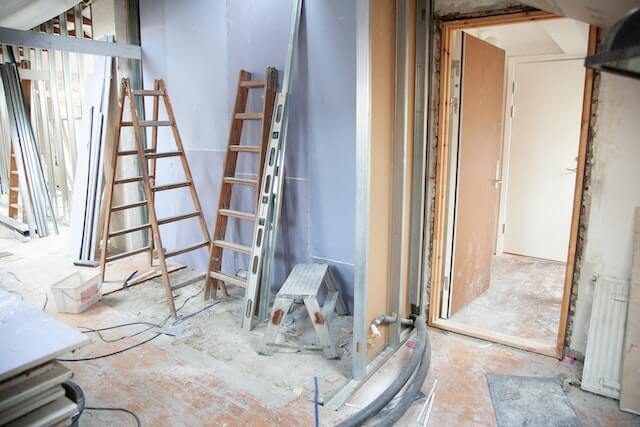As a landlord, you know that your rental property is an investment that should appreciate in value over time. However, did you know that you can take advantage of rental property depreciation to reduce your tax liability? Additionally, rental property depreciation can also increase your cash flow.
What Is Rental Property Depreciation?
Depreciation is a tax deduction. It allows you to deduct the cost of your rental property over time. The deduction occurs as the property wears down or becomes obsolete. You can deduct rental property depreciation from your taxes each year, based on the estimated useful life of the property.

Can you depreciate your rental property?
You can depreciate your rental property, but it must meet certain criteria. To be eligible for depreciation, you must use your rental property to generate income, and it must have a determinable useful life that’s more than one year, meaning it will eventually wear out, become obsolete, or lose value over time. Moreover, you must own the property and use it in a trade or business.
Here’s an example of tax depreciation. You purchased a property on May 1. Then you posted a listing Padleads on June 15. After getting several tenant applications and screening them, you found your ideal tenant who would move in on July 1. As your property was ready to be rented in June, it would start depreciating then.
Even when a rental property is vacant—whether for substantial repairs or while still looking for a new tenant—depreciation may still occur. There are various depreciation strategies to use, but a licensed tax professional will frequently choose one for you when preparing your taxes.
Ways to Calculate Depreciation on a Rental Property
There are several ways to calculate rental property depreciation. Here are a few common methods:
• Determine the cost basis of your property.
To calculate depreciation, you need to determine the cost basis of your rental property. The cost basis includes the purchase price, closing costs, and any other expenses related to acquiring the property. You can determine the annual depreciation amount by dividing this amount by the property’s useful life.

• Separate the cost of land and buildings.
Note that land cannot be depreciated because it does not wear out or become obsolete. Therefore, when calculating depreciation, you must separate the cost of land from the cost of buildings.
• Use a property depreciation calculator
Another option is to use a property depreciation calculator, which can help you determine the cost basis of your property and the annual depreciation amount. Some calculators even take into account the accelerated depreciation benefits available through tax laws.
Reduction of Tax Liability for Depreciation
The amount of rental property depreciation you can claim each year will depend on the property’s useful life and the method you use to calculate depreciation. Typically, you can depreciate a residential rental property over 27.5 years using the straight-line method. This means that you can deduct an equal portion of the property’s value each year for 27.5 years.
Depreciation can significantly reduce your tax liability because you can use it as a tax deduction to offset rental income. For example, if your rental property generates $30,000 in rental income each year and you have $10,000 in depreciation expenses, you would only have to pay taxes on $20,000 of rental income.

It is important to note that while depreciation can reduce your tax liability, it can also impact your capital gains tax liability if you decide to sell the property. When you sell the property, you will subtract the amount of depreciation you claimed during ownership from the property’s adjusted cost basis, which can increase your capital gains tax liability.
In conclusion, rental property depreciation is an important tax deduction that landlords should take advantage of to increase their cash flow and reduce their tax liability. However, it is important to understand the criteria for depreciation and the methods for calculating it. By properly calculating and claiming depreciation, landlords can save money on taxes and improve their rental property investment returns.